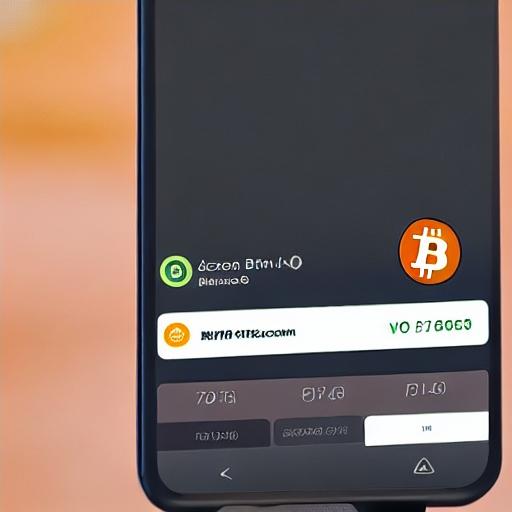Bitcoin is a digital currency that was created in 2009 by an anonymous person or group of people under the pseudonym Satoshi Nakamoto. Unlike traditional currencies such as dollars or euros, Bitcoin is decentralized and operates on a peer-to-peer network called the blockchain.

So, what does that mean in simple terms?
Think of Bitcoin as digital money. Instead of physical coins or banknotes, Bitcoin exists only electronically. It is stored in a digital wallet on your computer or smartphone, which allows you to send and receive Bitcoin.
But how does Bitcoin actually work?
Bitcoin transactions are recorded on a public ledger called the blockchain. The blockchain is like a digital database that keeps track of all Bitcoin transactions. Whenever a transaction is made, it is added to a block, which is then added to the chain of previous blocks, creating a permanent record.
Now, here’s where things get interesting. Unlike traditional banks or financial institutions, the blockchain is maintained by a network of computers (or nodes) around the world. These computers work together to validate and verify Bitcoin transactions, ensuring that everything is secure and accurate.
This decentralized nature of Bitcoin means that no single authority or institution controls it. There’s no central bank or government that regulates Bitcoin. Instead, it is governed by a set of mathematical rules and protocols that ensure fairness and transparency.
One of the key features of Bitcoin is its limited supply. Unlike fiat currencies that can be printed at will, there will only ever be 21 million Bitcoins in existence. This scarcity is one of the reasons why Bitcoin has become so valuable over time.
But why do people use Bitcoin?
There are several reasons why people use Bitcoin. Some see it as a form of investment, hoping that its value will increase over time. Others use it as a way to buy goods and services online, as more and more businesses accept Bitcoin as a form of payment. Bitcoin can also be used for remittance, allowing people to send and receive money across borders quickly and at lower fees compared to traditional methods.
However, it’s important to note that Bitcoin is still a relatively new and evolving technology. Its value can be volatile, and there are risks involved. It’s essential to educate yourself and take precautions when using Bitcoin to ensure the security of your funds.
In conclusion, Bitcoin is a digital currency that operates on a decentralized network called the blockchain. It allows for secure and transparent transactions without the need for intermediaries. While its value and potential uses continue to evolve, understanding the basics of Bitcoin can be a great first step into the world of cryptocurrencies.
